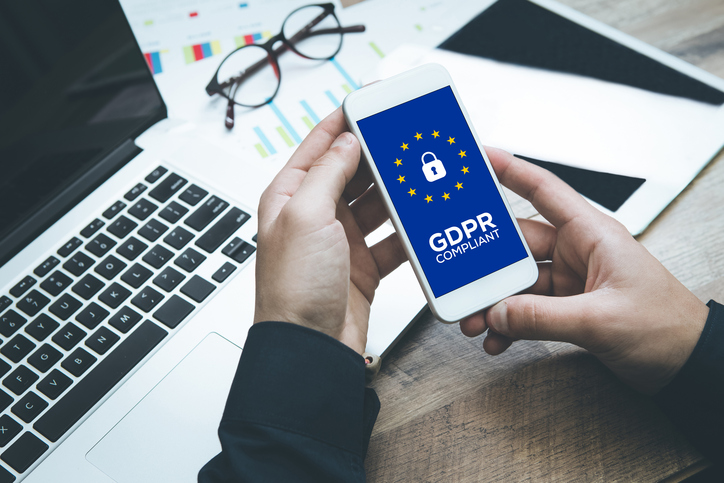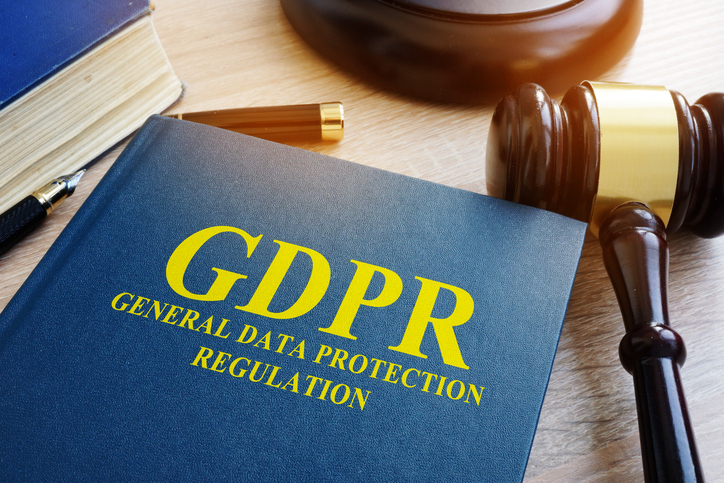
GDPR is nearly here and every online business needs to take note!
GDPR is the General Data Protection Regulation implemented by the European Union to improve and unify data protection for EU consumers.
This complex new regulatory structure goes into effect on May 25, 2018. It’s intended to clarify rules around collecting, storing, processing, and destroying personal data.
Protected data can include virtually any personal detail – whether pertaining to economic, physical, genetic, physiological, cultural, or social identity. This includes data not usually considered “personally identifiable.”
What U.S.-Based Businesses Need to Know About GDPR Compliance
According to Article 3 of the new law, companies anywhere in the world are subject to its demands if processing personal data of any individual residing in the EU at the time a company’s website is accessed. This remains true even if no financial transaction occurs.
Companies can fall under the GDPR jurisdiction for a wide range of reasons:
- Accepting a currency used in an EU country;
- Using a domain suffix from any EU country;
- Providing shipping services inside of the EU;
- Offering translation or content in an EU language;
- Tracking and collecting predictive information specifically about EU users.
Why Marketing Automation Software is Essential for GDPR Compliance

Most U.S.-based companies in areas like e-commerce, logistics, and software will be on the hook for GDPR compliance. Even companies that don’t focus on international online marketing should evaluate their exposure to GDPR.
GDPR fines can reach into the millions – but marketing automation software can help.
According to GDPR, prospects and customers must give affirmative consent to data collection and can revoke consent at any time. They can also give partial consent.
Unambiguous requests for consent need to confirm all data collection, including activities that once happened in the background – such as pinpointing user location.
In effect, marketing automation software will become a key GDPR compliance tool, since it can:
- Process data capture activities in a granular way and confirm user consent.
- Provide direct user access to data to facilitate the revocation of consent.
- Enable users to flag data for deletion under EU “right to be forgotten.”
GDPR compliance won’t be easy, but marketing automation software centralizes many of the key tasks. By aligning with GDPR, you don’t just reduce liability, but also ensure more personalized experiences and give users greater say in online privacy and identity.
Marketers can conceptualize GDPR as extending best practices already associated with email marketing to other realms of the online experience. Users will now be able to customize the extent to which they wish to share with brands, which can ensure relevant content.
If you still need to lay the foundation of your GDPR strategy, look to marketing automation first.

